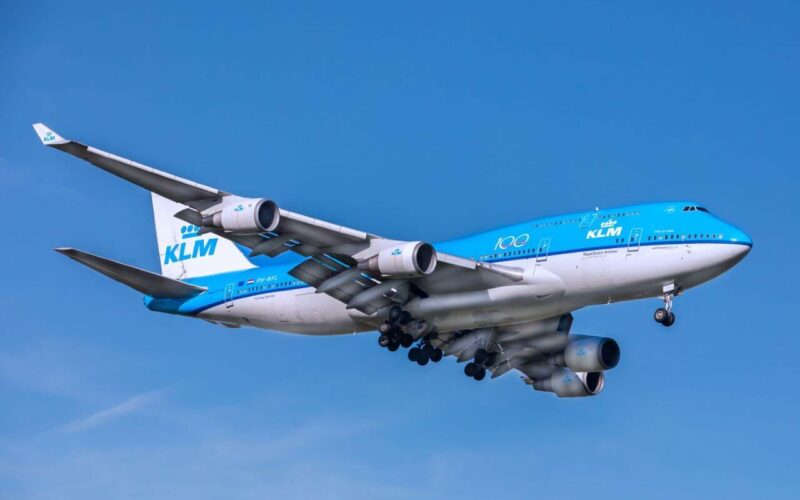KLM Royal Dutch Airlines’ non-stop flight to Mexico ended up in bizarre circumstances on November 28, 2019. The flight turned around back to its origin of departure in Amsterdam, the Netherlands, when the aircraft was already over North America, with passengers having to endure a 12 hour back and forth trip over the Atlantic.
KLM flight KL685 took off from Amsterdam Schiphol (AMS) at 3:06 p.m. local time headed to Mexico City International Airport (MEX) where it was scheduled to arrive at 7:25 p.m. local time. But a Boeing 747-400 (registration PH-BFT) turned around over New Brunswick, Canada, and was diverted back to Amsterdam, as information on flight tracking website flightradar24.com indicates.
According to the Dutch airline, the reason for the diversion was “unfavorable flying conditions” around Mexico City due to a volcanic eruption.
The reason for the return was the unfavourable flying conditions above Mexico after activity of the volcano Popocatepetl. Our apologies for the inconvenience.
— Royal Dutch Airlines (@KLM) November 29, 2019
Popocatepetl is one of Mexico’s most active volcanoes and is located in central Mexico, between the states of Puebla and Morelos. It has been showing intense volcanic activity over the last two months. Mexico’s Center for Prevention of Disasters, CENAPRED, reported an eruption on November 28, the day of the KLM flight, which was followed by continuous emissions of water vapor, gases, and ash.
There are two daily direct flights between Amsterdam and Mexico City, offered by KLM as well as Mexico’s flag carrier Aeromexico. Many other flights by carriers such as Lufthansa (LHAB) (LHA) successfully completed their journeys to the Mexican capital on that day. Aeromexico’s November 28 morning flight from Amsterdam to Mexico City also landed as scheduled. Meanwhile, KLM’s daily flight scheduled for the following day, November 29, has been canceled.
It seems KLM was determined not to take any risks and rather go back to its point of departure, but many users on social media have questioned why the pilots did not divert to an airport closer to the flight’s destination. A one-way trip on the non-stop route takes an average of 11 hours.

